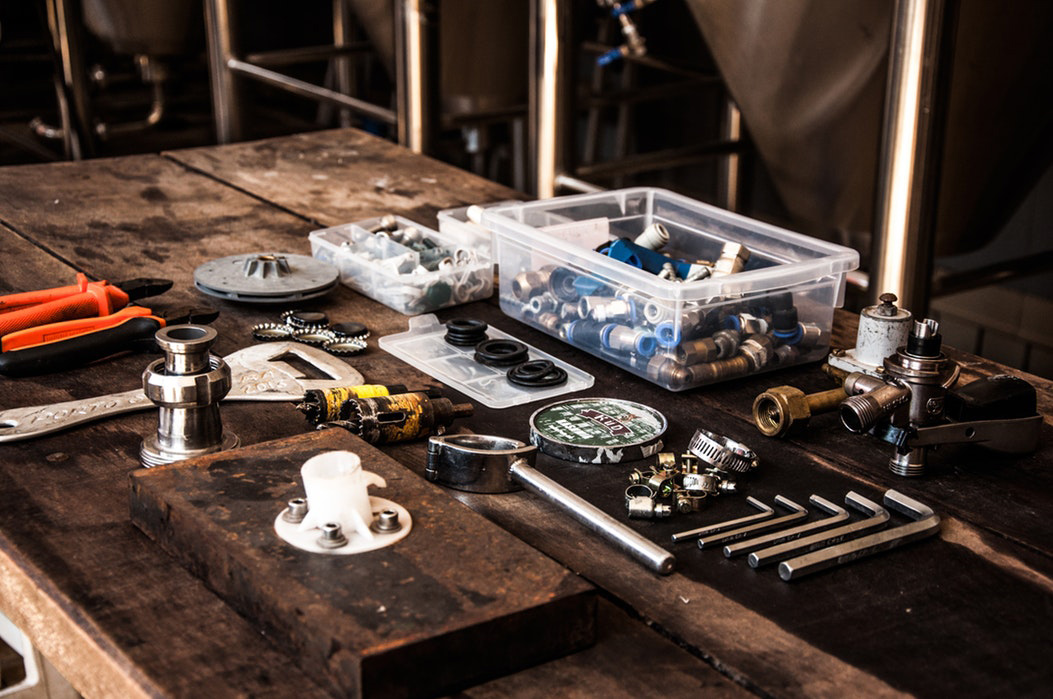
Some may not truly realize the important role that plumbers and plumbing systems have in society. This includes economic benefits, ensuring the availability of clean water, maintaining one’s home, as well as assisting with water conservation. This article will explore the profession further.
Plumbers have the skills and knowledge to install and maintain functioning pipeline systems. People use these pipeline systems when they turn on the tap to drink water. The pipelines even ensure efficient sewage and drainage. Naturally, the proper knowledge required to install these systems requires schooling and practice and in most cases only a trained professional would be able to assess the problem within the home and thus properly fix it. The plumbing industry helps economically sustain cities and livelihoods, and is thus as important an industry as any. Therefore it is unsurprising that it is considered a job that is on demand and necessary. Even Michael Bloomberg, a former New York City Mayor, advised high school students to become plumbers. There is an economic benefit for going into the profession and having enough plumbers in a city.
What if you had to leave your home to get clean water? What if you even had to travel hundreds of kilometers from your home just to fill one bucket with clean water? Clean and safe water is necessary for communities to flourish and for your own health and wellbeing. Part of a plumber’s job in some cases is to fix pipelines to ensure that harmful bacteria and pollutants are not dispensed in people’s water. Some plumbers will set up the appropriate plumbing systems and in doing so ensure the materials used are durable and dependable. The reason you can drink water straight from your tap could be thanks to that copper tubes your plumber installed.
Plumbing is something many people do not think about when they think about their everyday lifestyle. Yet, plumbing affects most parts of people’s day-to-day lives. Efficient and working plumbing systems ensure that you have hot water running, a toilet that flushes and a shower with consistent water flow. This is in addition to a washing machine that washes your clothes, a dishwasher, and much more. Imagine having to wash your clothes by hand on a weekly basis and not being able to take a shower first thing in the morning. This would disrupt the comforts of your everyday lifestyle. Instead, you are able to load up the dishwasher, put clothes in the drier, take a hot shower and then continue with the rest of your day. These are aspects of your life that you take for granted, and plumbers are called when something goes wrong. If your home has low water pressure, for example, you may need to call a plumber to install a water booster pump to maintain water flow in various systems. You might be suffering from a clog, old or thin pipes or even contaminants in the water. So, what do you do? You call a plumber to maintain your home’s plumbing systems.
Plumbing can even help with water conservation and efficiency. Taking care of the natural resource that is water is very important for both the Earth and people’s survival. Once again, plumbers can come in handy. There is something called a plumbing fixture, a device whose role is to dispense and drain water once attached to a plumbing system (toilet, showers, faucets, etc). There are also water-efficient plumbing fixtures that regulate the amount of flushed water and flow rates. It is these advancements in plumbing mechanisms that will allow people to continue living a comfortable lifestyle while conserving water usage. They reduce the energy that is used and is particularly important during droughts or other water shortages. For example, California faces severe droughts here and there. As a result, the state enacted water usage limitations, which requires the installation of necessary water appliances within households. Advanced plumbing systems set up by a plumber can help prevent water shortages to your household from happening by helping conserve water.
Plumbers help people maintain a comfortable lifestyle in their home and even help reduce water usage with the installation of water efficient fixtures. In doing so, these systems help conserve water. Conserving water not only helps the environment, but it lowers people’s costs financially. Using less water means saving money on that end of month bill! Even beyond helping conserve water, plumbing is everywhere. Various pipeline systems are found within the home, office buildings and even inside malls. When your sink starts leaking or you your toilet no longer flushes, you call plumbing professionals to fix the issue. Having hot water, drinkable tap water, no basement leaks and molds are comforts that are a result of functioning plumbing appliances. They are a profession that is on-demand and will never go out of demand so long as the plumbing appliances exist. Without most people realizing, plumbing appliances are used every single day. So long as that continues, plumbers will continue to be an essential part of society.
Regarding opportunities for those looking to enter this profession, do your research into local companies near you to begin exploring your options. Again, training and practice is involved in this industry, as with any. However, the rewards of this industry for those who enjoy hand’s on, practical work are endless. Many people simply do not possess the necessary knowledge to fix some household problems. Therefore, it can be almost guaranteed that a profession as a plumber can almost be constantly guaranteed work. Through building and developing your reputation, skillset and catchment area, you could be well on your way to an established career. You may even end up going solo and running your own plumbing business. With the right mindset, passion and drive, anything is possible.
 About the Author:
About the Author:
Alec Neufeld is a retired builder, now freelance writer and part-time general fix it man. He has strong opinions on the use of alternate energy and is also an avid sports enthusiast.
Scott Ellyson, CEO of East West Manufacturing, brings decades of global manufacturing and supply chain leadership to the conversation. In this episode, he shares practical insights on scaling operations, navigating complexity, and building resilient manufacturing networks in an increasingly connected world.